Older people tend to prefer dogs that do not require too much physical activity and can easily adjust to a new lifestyle. However, the choice of breed should take into account not only the owner’s physical abilities, but also his personal preferences and interests. For example, if an elderly person likes to spend time outdoors, a dog that likes to go for walks will do.
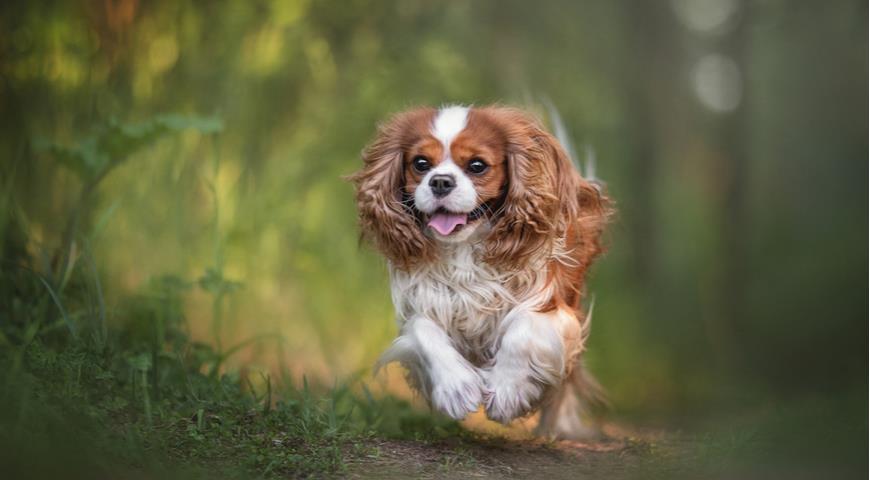
What breeds of dogs are suitable for older people?
- Pugs are sweet and playful dogs that do not require too much physical activity. They are very loyal and affectionate to their owner.
- Bichons are energetic and friendly dogs that adapt well to a new routine. They are easy to train and love to play.
- Cavalier King Charles Spaniel – This breed is known for their attachment to their owner and easily adapts to their new life. They don’t require a lot of physical activity and love companionship.
- Shih Tzu are small and friendly dogs that do not require a lot of physical activity. They are very attached to their owner and learn commands easily.
- The Yorkshire Terrier is an energetic and inquisitive breed that does not require much physical activity. They are easy to train and bond with their owner.
- Spitzes are light and agile dogs that love to walk and spend time outdoors. They adapt easily to new routines and are very attached to their owner.
Pros and cons of different breeds for the elderly
Each dog breed has its own pros and cons to consider when choosing a pet for the elderly.
- Pugs – very attached to their owner, but may suffer from various illnesses such as breathing problems.
- Bichons – easy to train, but require regular grooming.
- Cavalier King Charles Spaniel – very attached to their owner and easy to train, but may suffer from various medical conditions such as heart health problems.
- Shih Tzu – very affectionate to their owner, but may suffer from various illnesses such as eye health problems.
- Yorkshire Terrier – very energetic, but can be very quiet and require a lot of attention.
- Spitz – very inquisitive and energetic, but can molt throughout the year.
Tips for taking care of your dog for the elderly
- Get regular checkups for your pet to monitor his or her health.
- Groom your dog’s coat regularly, especially if it is essential for the breed.
- Provide your dog with regular physical activity to keep him healthy and fit.
- Give your dog nutrition appropriate for his age, breed, and health.
- Provide a comfortable and safe environment for your dog in the home to avoid injuries and accidents.
- Spend time with your dog, play with him and give him love and attention.
- Teach your dog simple commands to make caring for and interacting with your dog easier.
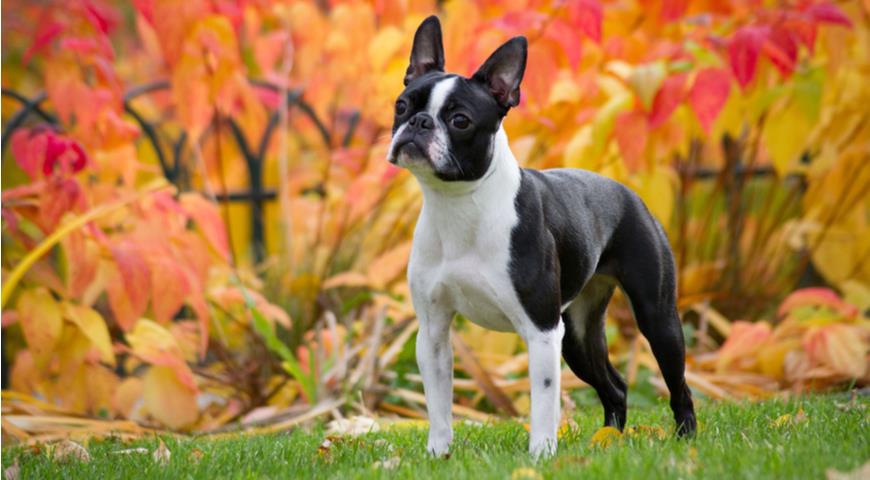
In conclusion, the choice of a dog for the elderly should be informed and guided by the individual needs of the owner. The best dog breeds for the elderly are sweet, friendly, and adaptable pets that give their owners joy and love. However, caring for a dog requires responsibility and care, so all aspects of pet selection and care must be considered.

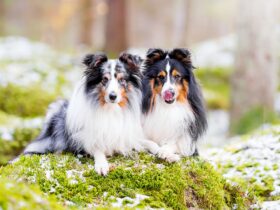
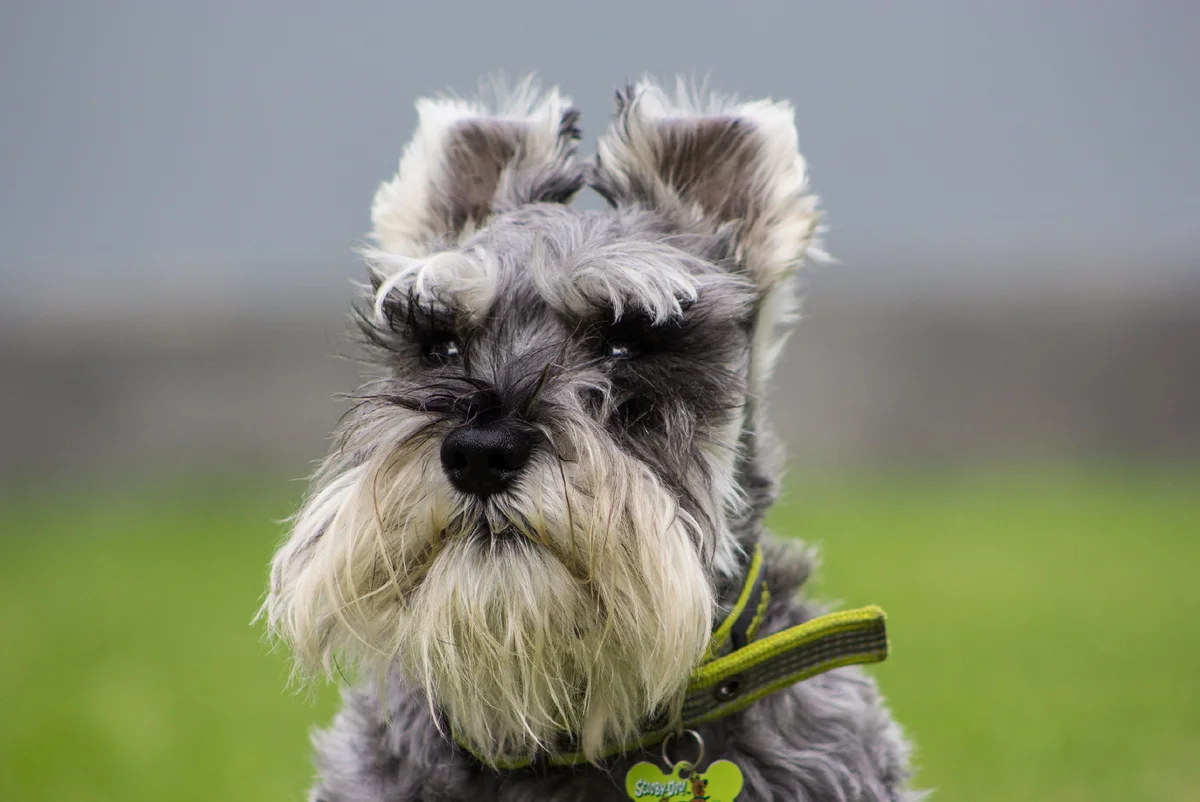
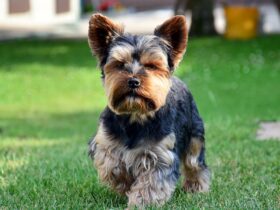
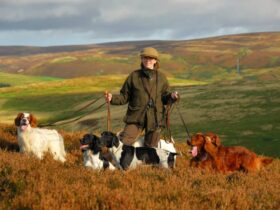
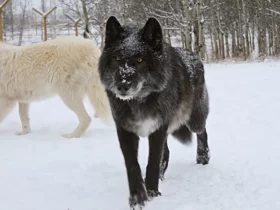
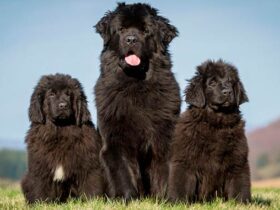
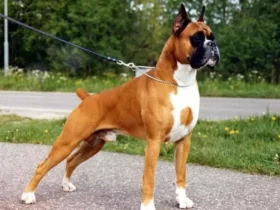
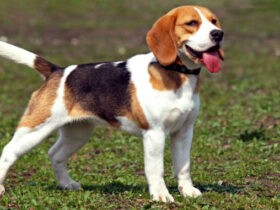
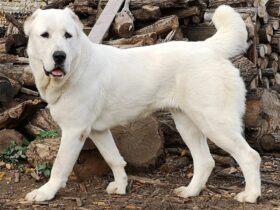
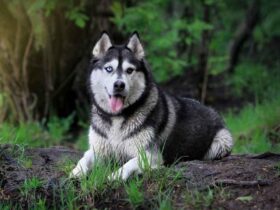
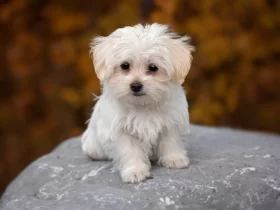
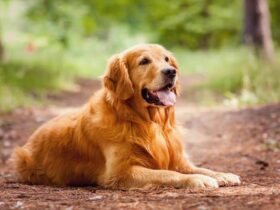
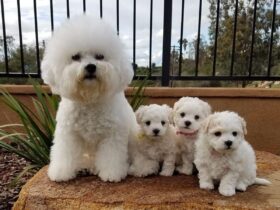
Leave a Reply